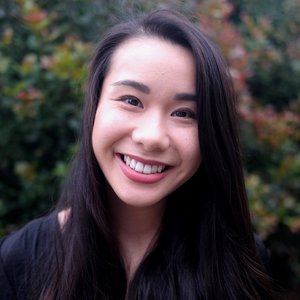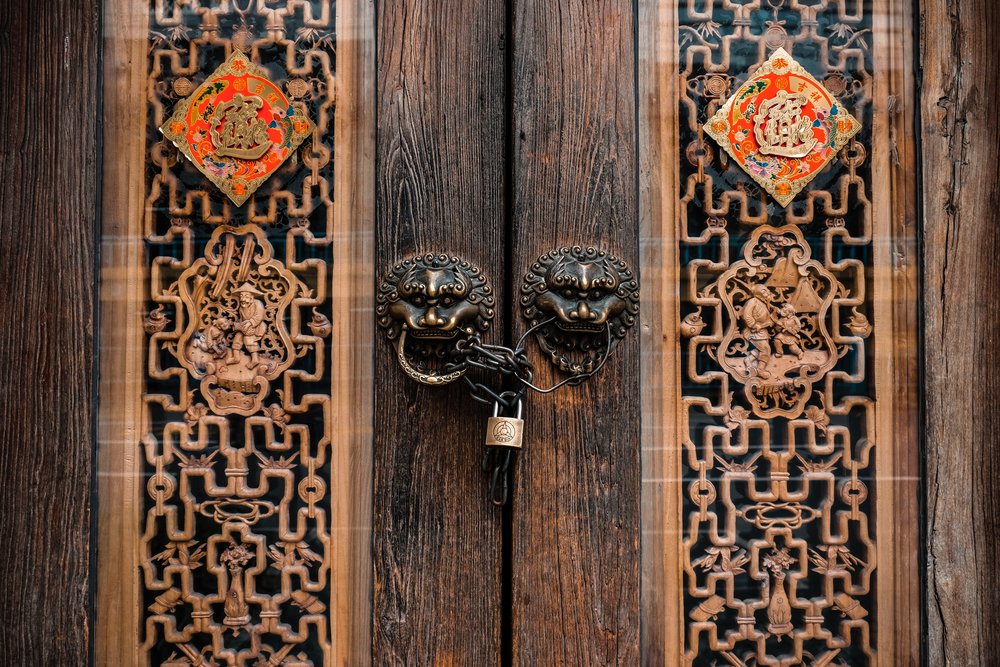The stories of Asian immigrants and their families have started to become more culturally mainstream with the rise of films like Crazy Rich Asians and The Farewell. But for those of us who are descended from migrants, these stories have surrounded us.
We lived with our grandparents or parents as they spoke with accented English or worked in labor-intensive jobs. As we grew older, we realized that they had left behind hometowns and their own privilege to try to make a better home in their new countries.
And yet there is so much of their stories that we don’t know. We may know bits and pieces, but there are so many holes. Perhaps it is because of the language barrier. Sometimes our parents don’t want to talk about the painful past. Oftentimes, we don’t ask.
But their stories are important and relevant. Their experiences have shaped ours. Their values have been imprinted on our psyches. And so it is crucial that we listen to our immigrant parents and grandparents, and to do so, we must also spend time with them.
In that spirit, SOLA is sharing excerpts from two essays from contributors Fred Mok and Heidi Tai. We hope to continue this series. If you would like to contribute your own essay about your immigrant family, please email us at hannah.chao@sola.network.
“When the Overachieving Immigrant Narrative Fails” by Fred Mok

When I was a kid, one of my enduring memories of my dad was lectures he gave my brother and me about his impoverished upbringing. He would regale us with tales of how hard he worked to gain entrance into National Taiwan University, make it to America, obtain a master’s degree, get a job at IBM, become a successful project manager, and then own an expensive home in Almaden Valley. I have not so fond memories of sitting there in guilt and shame as he described to my brother and me the circumstances he overcame because of his diligent work ethic. That was an enduring paternal narrative of my childhood. Unlike his immigrant peers, he didn’t put as much pressure on me or my brother to succeed but he was extremely critical of us and quick to point all the advantages we grow up with that he did not.
And then when I was around 13 years old, my dad became a follower of Jesus and his narrative gradually began to shift. It didn’t become apparent to me until I was in college that my dad’s view of his migration journey had changed. And now, 30 years later, after visiting his childhood neighborhoods with his grandchildren in Hong Kong last month, I had a fuller sense of how this narrative transformation is now complete.
Read the rest of the post here.
“A Place at the Table” by Heidi Tai

If there was anything I have learned from growing up in a migrant home, it’s the value of being content with little and the freedom that a simple life promises in a complicated world. My Gong Gong was born in China into an educated upper-class family that sold herbal medicine for a living. He enjoyed a comfortable life up until the Cultural Revolution which saw millions of Chinese persecuted. After my Gong Gong witnessed the unexplained murder of his father, he quickly made plans to escape into Hong Kong.
My Gong Gong joined a movement of ‘Freedom Swimmers’ who made their escape from China by swimming into Hong Kong. The route was dangerous and often fatal but for the persecuted, Hong Kong was a promise of freedom, food and a future. My Gong Gong dived into freedom with two friends but along the way, one was eaten by a shark and another shot dead by Chinese authorities. Weary and starving, he arrived on the shores of freedom as the lone survivor.
I heard this story for the first time around the dinner table in my childhood home in Sydney. It’s a remarkable story about courage being born out of adversity and yet always told with a sense of denial and detachment. How else are you meant to cope with such horrors; the uprooting of your home, the unexplained murder of your father, the death of your friends and the shame of leaving two younger sisters behind?
Read the rest of the post here.

